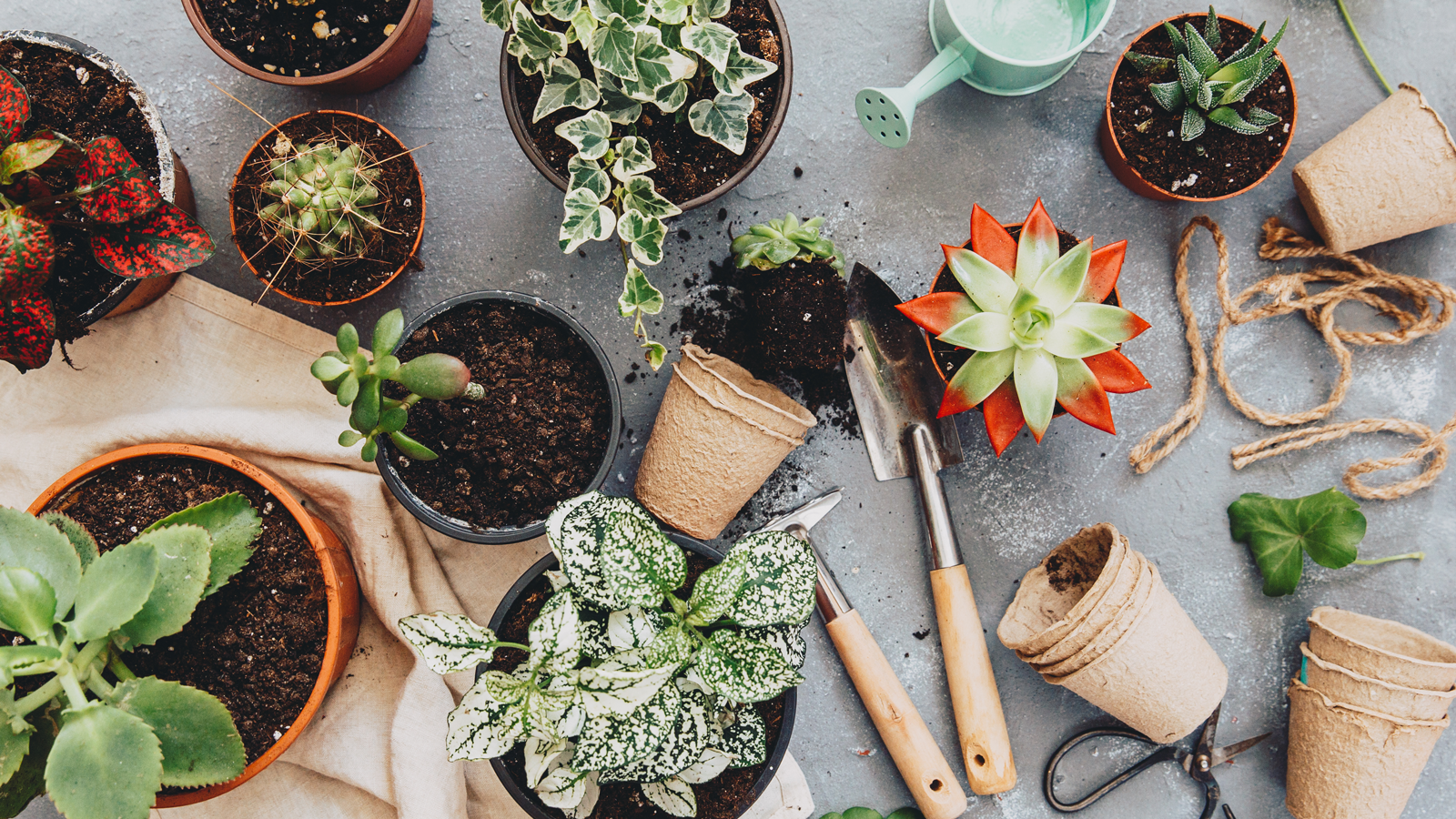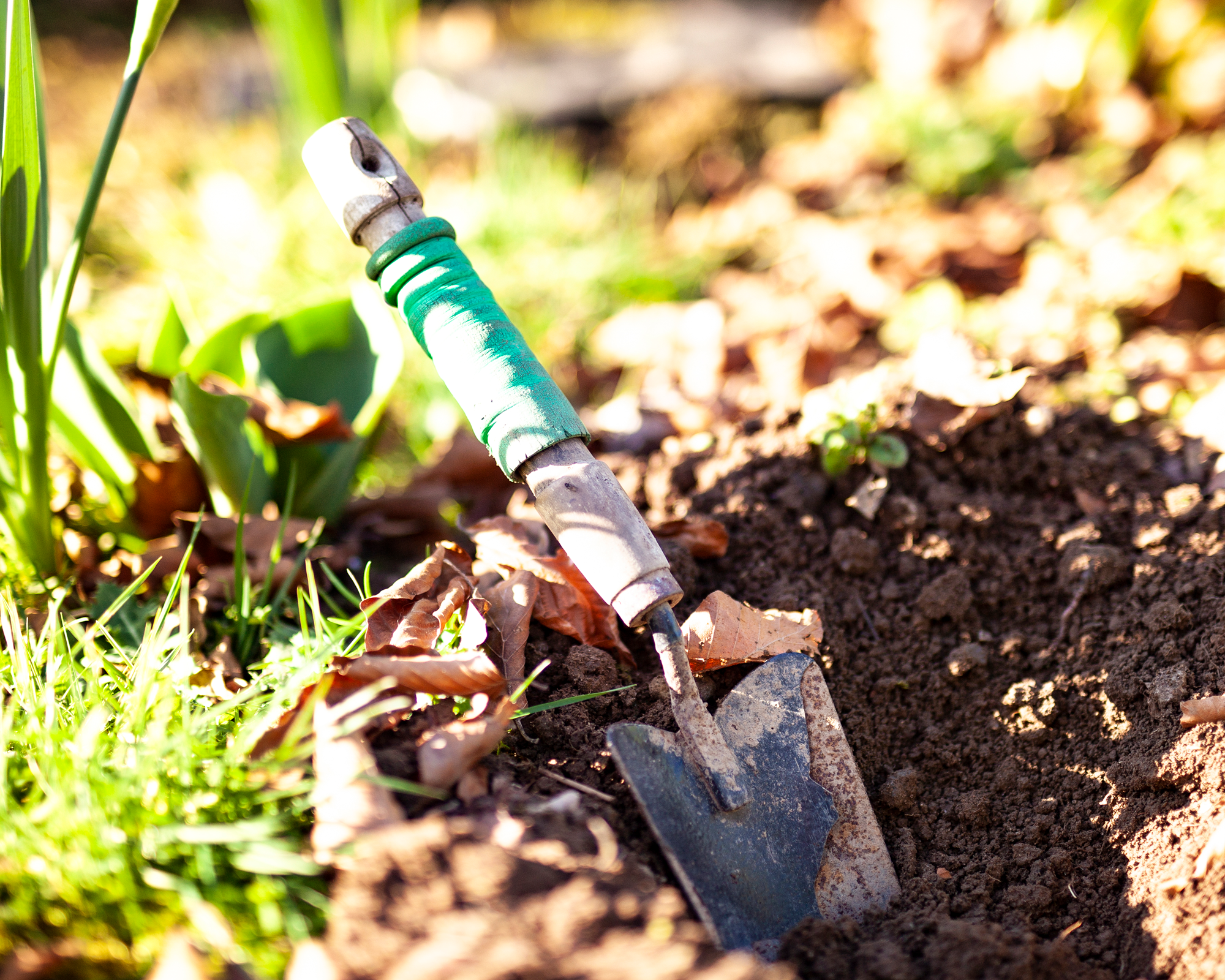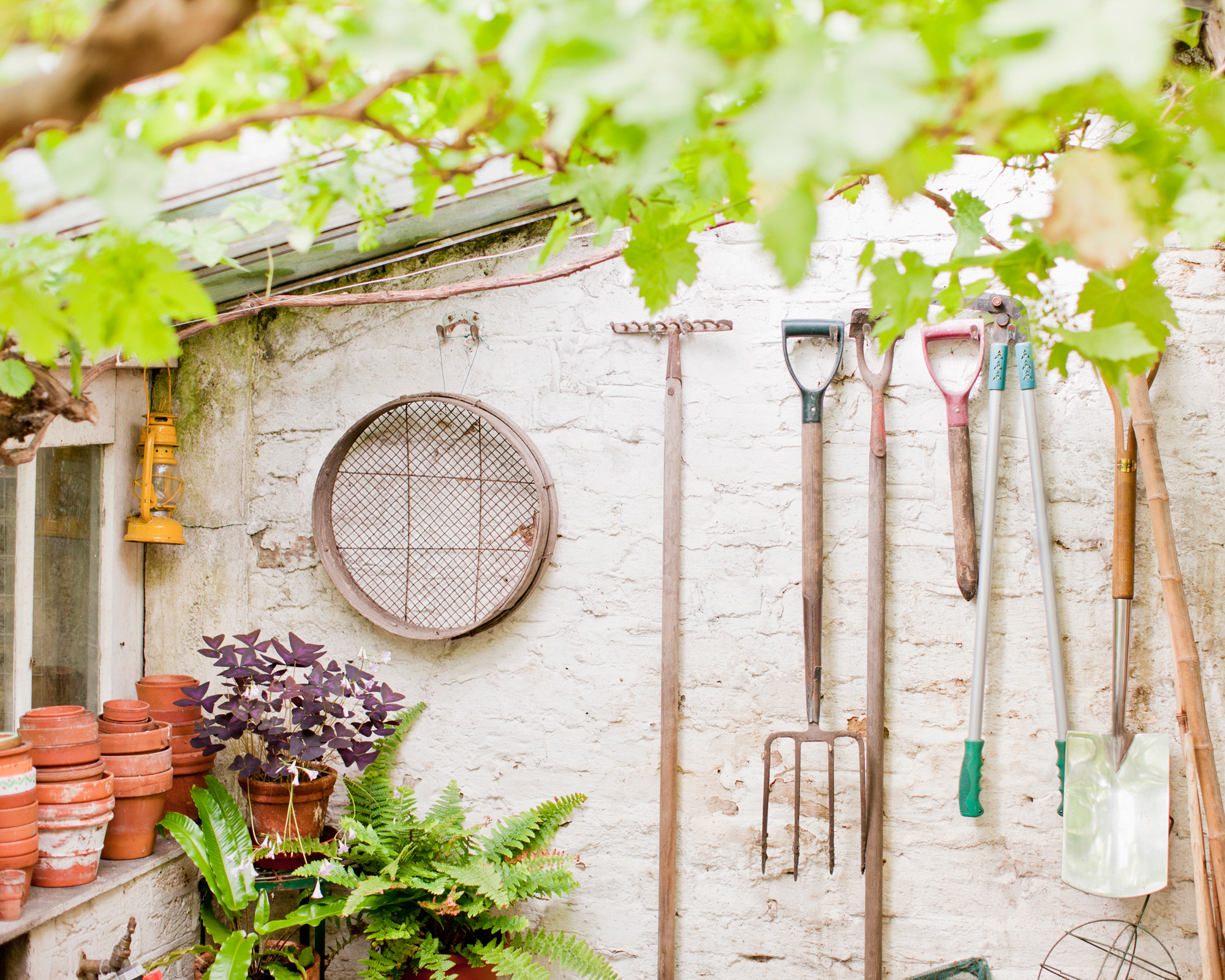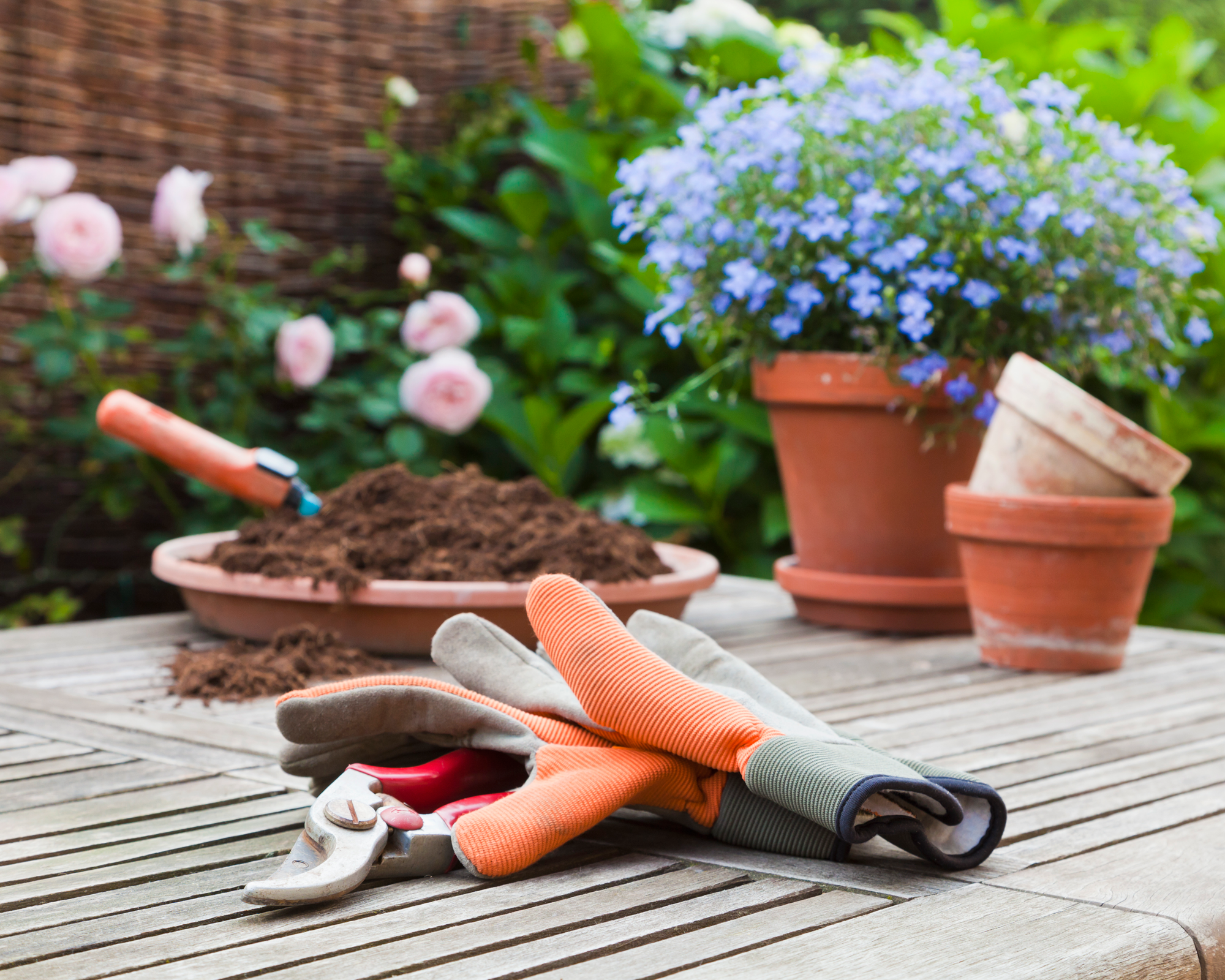The Royal Horticultural Society will be peat-free by 2025
The pledge to stop using peat entirely by mid-decade is good news for the planet – here's how you can help, too


There are multiple types of compost out there, but those containing peat should be avoided if you want to create an eco friendly garden. The Royal Horticultural Society (RHS) has committed to being 100% peat-free by 2025. In a step to be more eco-friendly, the UK’s leading gardening charity will trial alternative, responsibly-sourced growing media.
Peat is known for being bad for the planet. First, the mining of peat can harm wildlife, as peat bogs form the habitat of some endangered species. Peatlands are the world’s largest carbon store and provide valuable ecosystems for wildlife. While healthy peat bogs trap the carbon, our use of peat in our gardens contributes to the release of carbon dioxide into the air.

Over the next few years, the RHS will be trialing a range of peat alternatives, including sphagnum moss and waste materials to achieve a 100% peat-free status. ‘It is tremendous to see such innovative alternatives being trialed,’ says Environment Minister, Rebecca Pow. ‘Restoring and protecting peat is vital if we are to have thriving ecosystems and a healthy planet.’
The RHS has long championed the use of peat-free growing mediums. The charity also stopped selling peat-based bagged compost in 2019, and from 2025, plants sold in its retail outlets and on display at its shows will be peat-free. What's more, RHS gardens are already 98% peat-free, with the exception of some rare and exotic plants.

'The UK’s 30 million gardeners are increasingly aware of the environmental impact of their gardens and are seeking out sustainable alternatives including peat-free products,’ says Alistair Griffiths, Director of Science and Collections at the RHS. ‘However, government support will be crucial in helping to protect this precious resource and ensure our plots are truly green.’
This is in part due to public discussion around peat. For example, gardening expert Monty Don has welcomed government plans to legislate to end peat use, describing the use of peat as ‘an act of environmental vandalism.'

If you’re wondering how to go peat-free in your garden, the RHS encourages you to learn how to compost at home. Another obvious step is to make sure you only ever buy peat-free compost at the garden centre. Gardening enthusiasts can also put garden waste in council compost bins for use in the local community, and share peat-free tips and advice with friends.
Want to get started? Bag yourself one of the best compost bins and start your peat-free composting journey.

Millie Hurst has worked in digital journalism for five years, having previously worked as a Senior SEO Editor at News UK both in London and New York. She joined the Future team in early 2021, working across several brands, including Gardeningetc. Now, she is Senior Content Editor at Ideal Home, taking care of evergreen articles aimed at inspiring people to make the most of their homes and outdoor spaces.
